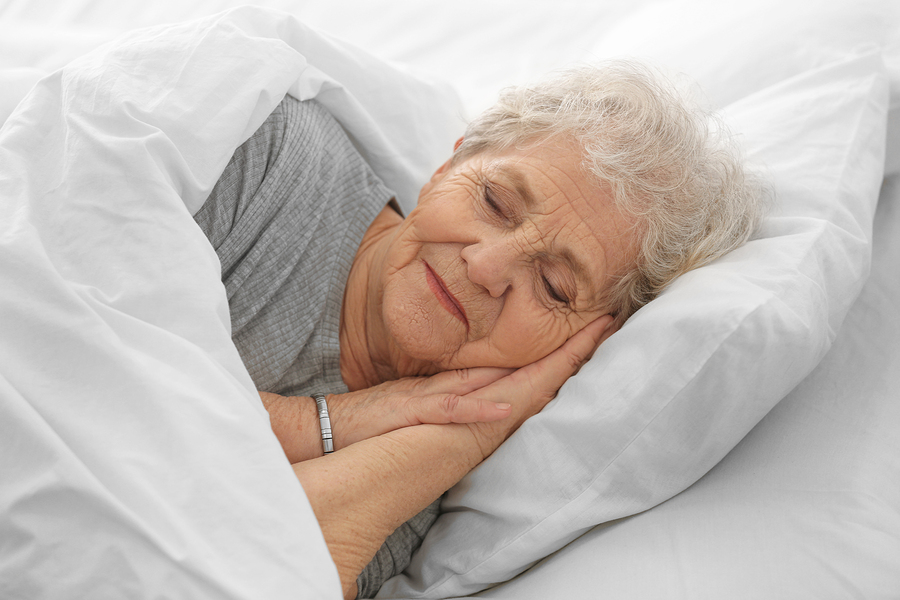
Recently I did a lecture on sleep and was surprised by the turnout and the waiting list for the next class. In further exploration, I found that 75% of us have trouble falling asleep or staying asleep. That is a lot of us wandering around or being frustrated in the middle of the night!
We need good healthy sleep to be alert, have energy, have an excellent immune system, improve memory, heal, and also to regulate our weight, our mood and our well-being.
Medical providers are telling us to get a good night’s sleep, but often we are not sure how to do that! Each of us might differ on the amount of sleep that we need; it could be five to nine hours a day. If you feel refreshed after a night’s sleep, you are probably getting what you need. If you don’t feel great the next day and know that the long restless night is affecting your mood, energy, health, memory and more, then it is time for you to change some old habits or get a sleep evaluation.
Many of us also neglect to tell our medical providers that we are having trouble sleeping.
What needs to be aligned to sleep well? The answer is body, mind, and bed!
12 Tips to Help with Sleep
- Dim all the lights in your house for at least two hours before bedtime. This allows the body to produce melatonin, a neurotransmitter that induces sleep, but is only produced in the dark. Melatonin is what moves our circadian clock that regulates the timing of sleep. The circadian clock is in almost all living organisms.
- No blue light activity for 1-2 hours before bedtime. That means no electronics (cell phones, iPads, computers, etc.)
- No alcohol 4 hours before bed.
- Stop drinking and digesting caffeine – or at least stop after noon.
- Cut out refined sugars or at least after noon. Use fruits for night time desserts.
- Don’t eat large meals before bed. If you need a light snack – choose a carbohydrate which leads to sleepiness. A protein leads to energy and alertness and would not be a good choice.
- Stick to a sleep and wake time schedule – even on the weekend.
- Practice a relaxing bedtime routine – such as meditation, listening to soft music, or reading with a book light as opposed to a big lamp overhead. Sometimes a warm bath infused with Epsom salts and lavender essential oils will work – for others, warm baths are stimulating.
- Stay active during the day – daily exercise helps with sleeping.
- Drink at least ½ gallon of water a day. Don’t get dehydrated.
- Remove stressors from your life. If you are worrying all the time with an active mind, you might benefit from Cognitive Behavioral Therapy. We have five therapists on staff if you need some re-programming to help you sleep.
- Make your bedroom a magnet for sleep. Bedrooms are for sleep and sex and nothing else. Have a good mattress and pillow – bedding might need to be cotton or organic. No television or electronics in the bedroom.
Good sleep will keep you healthy and allow you to have the energy to enjoy each day. You can change old patterns, but it could mean that you have a body structural issue that might need some medical interventions or a short course of cognitive behavioral therapy.





